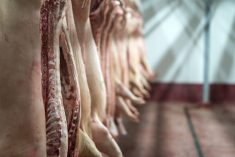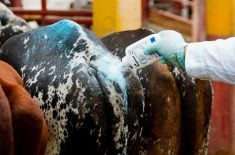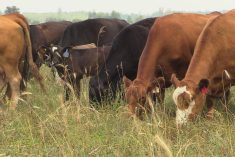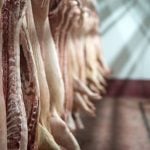Quebec will boost its funding for the federal/provincial Prime-Vert program to include programs that help farmers improve water quality and cut excess greenhouse gases (GHGs).
The Quebec program, funded through the recently-extended portion of the federal/provincial Agricultural Policy Framework, promotes best-management practices and supports projects that allow farms to comply with environmental regulations, laws and policies.
Provincial Agriculture Minister Laurent Lessard and Environment Minister Line Beauchamp announced the additional Prime-Vert funding Tuesday.
Prime-Vert, starting this year, will put up $16.4 million to cover up to 90 per cent of project costs for on-farm measures to cut water pollution of farm-related origin.
Read Also
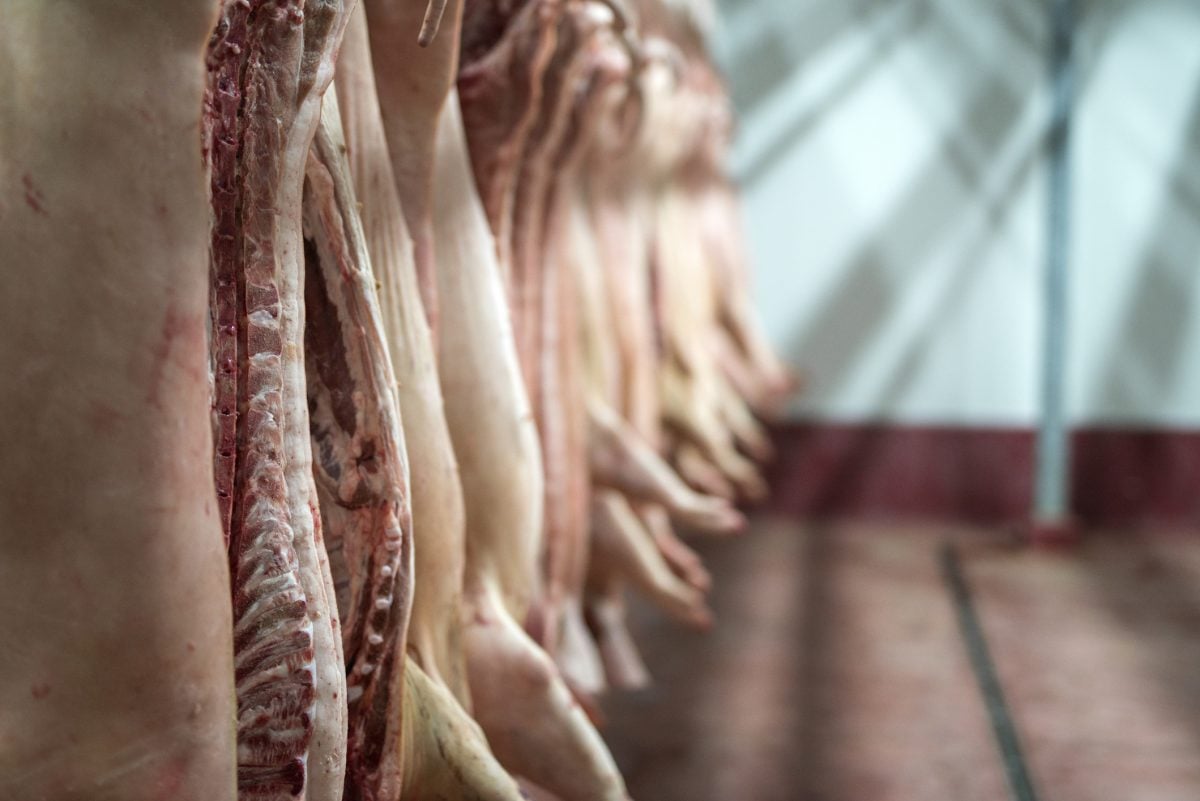
U.S. livestock: Cattle slip back, hogs gain
Chicago cattle futures slipped back on Friday after Thursday’s pause. Hog futures crept upward. Most-active December live cattle futures closed…
Eligible water quality projects include diagnostic work, soil and/or water conservation and erosion control projects, permanent riparian areas (including trees or shrubs if recommended through expert diagnosis), windbreaks, cover crops, or, if recommended in high-risk zones, permanent withdrawal of land from annual crops. Larger projects in partnership with groups such as l’Union des producteurs agricoles or the federal agriculture department will also benefit from this funding, the province noted.
The province said it has budgeted $24 million over six years for GHG reduction projects on farms, aimed at reducing the ag sector’s GHG emissions by 300,000 tonnes of carbon dioxide equivalent and developing markets for ag biomass as an energy source.
Examples of projects eligible for funding include caps on manure storage tanks to capture biogas; barn or greenhouse retrofits with biomass or geothermal heating systems; maple syrup evaporators using biomass instead of fossil fuels; and information and awareness campaigns aimed at farmers regarding their GHG emissions. Completion of “major” projects by groups of farms or others in the ag industry to reduce or avoid GHG emissions is also on the province’s list.
Beauchamp noted that the new measures will focus on producers who have been traditionally less interested in the Prime-Vert program, such as greenhouse operators or maple syrup producers.


